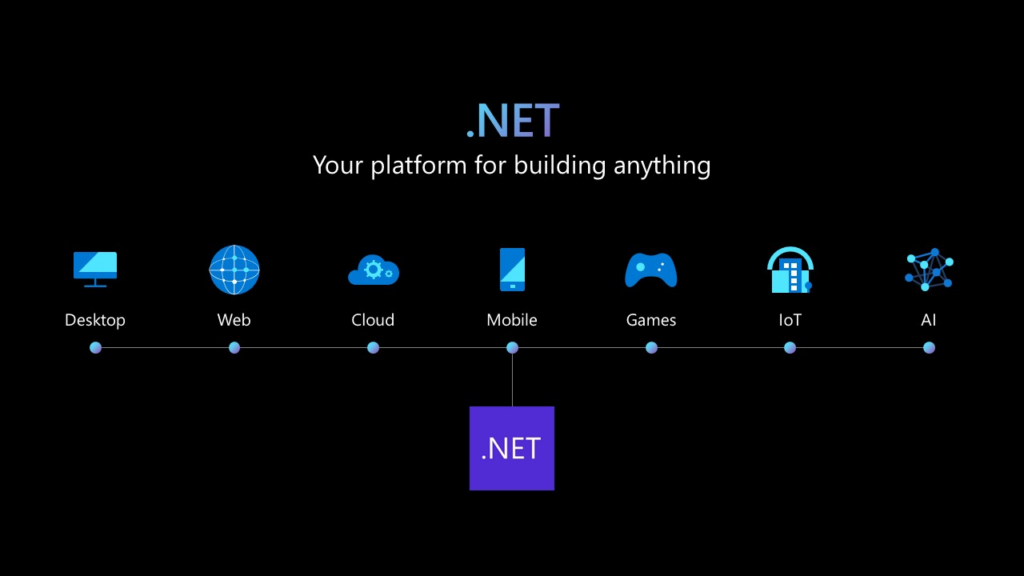
Microsoft announced the general availability of .NET 7 at its .NET Conf 2022 virtual event. The latest version of the open-source software development platform brings performance enhancements, container and cloud-native tools, and improvements to .NET libraries and frameworks.
“.NET 7 brings your apps increased performance and new features for C# 11/F# 7, .NET MAUI, ASP.NET Core/Blazor, Web APIs, WinForms, WPF, and more. With .NET 7, you can also easily containerize your .NET 7 projects, set up CI/CD workflows in GitHub actions, and achieve cloud-native observability,” Microsoft explained.

Microsoft highlights that .NET 7 enables developers to build cloud-native applications and deploy them across Linux machines. Specifically, this release brings native support for ARM64, .NET integration with Ubuntu, and improvements to .NET MAUI (Multi-platform App UI).
Additionally, the latest .NET 7 update adds Native AOT support for console applications to boost start-up time and reduce deployment size. This means that it produces standalone executable binaries in the platform-specific file format (such as ELF on Linux, COFF on Windows, and Mach-O on macOS).
.NET 7 lets developers accomplish more with less code
Microsoft also announced major additions to its core programming languages, including C# 11 and F#7. Other improvements in .NET 7 include One BCL (base class library) and enhancements to minimal APIs for cloud-native apps.
Moreover, Microsoft introduced new features and improvements to existing frameworks such as Windows Forms, Windows Presentation Foundation (WPF), and Microsoft Orleans. The update also improves the WebAssembly debugging experience in the Blazor web apps development tool.
You can download the latest version of .NET from Microsoft’s official website. It is worth noting that .NET 7 is a Standard Term Support (STS) release and will be supported until May 2024. Meanwhile, .NET 8 is expected to arrive in a year with improvements for modern workloads, web APIs, and cloud-native development capabilities.



